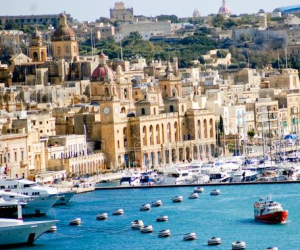 By Melanie Nathan, June 20, 2014.
By Melanie Nathan, June 20, 2014.
The IIJ will provide rule of law-based training to lawmakers, police, prosecutors, judges, corrections officials, and other justice sector stakeholders on counterterrorism and, where appropriate, related transnational criminal activities. More broadly, it will work to strengthen criminal justice systems and build regional judicial, police, and other criminal justice practitioner networks to address terrorism and related threats in a rule of law framework. The IIJ will initially focus on countries in North, West, and East Africa, and the Middle East, paying particular attention to supporting countries in transition.
At the June 2012 Ministerial meeting of the Global Counterterrorism Forum (GCTF), participating ministers and senior officials announced strong support for the establishment of the IIJ as a key platform to deliver sustainable justice sector training on the implementation of rule of law-based good practices for effective counterterrorism practice in the criminal justice sector being developed by the GCTF, and other international and regional fora to counter terrorism and related transitional criminal activity. The IIJ is a not-for-profit foundation in Malta, with an international governing board of administrators representing countries from the founding members. For the initial period, the IIJ will be managed by an Interim Secretariat, which will be responsible for the day-to-day operations of the IIJ during its initial phase and will manage the transition to the Executive Secretariat, which is expected to occur in early 2015. The Interim Secretariat will be comprised of a small number of officials (five-to-seven) drawn from the Government of Malta and international partners. The IIJ will be housed at the University of Malta Valletta campus while its permanent facility – a 16th century armory – is refurbished.
The inaugural IIJ training workshop will be held the very next days, June 19 and 20, where prosecutors and investigators will discuss how to effectively investigate and prosecute terrorist facilitation networks in the Sahel and Maghreb, with a particular focus on addressing the flow of foreign fighters to Syria.